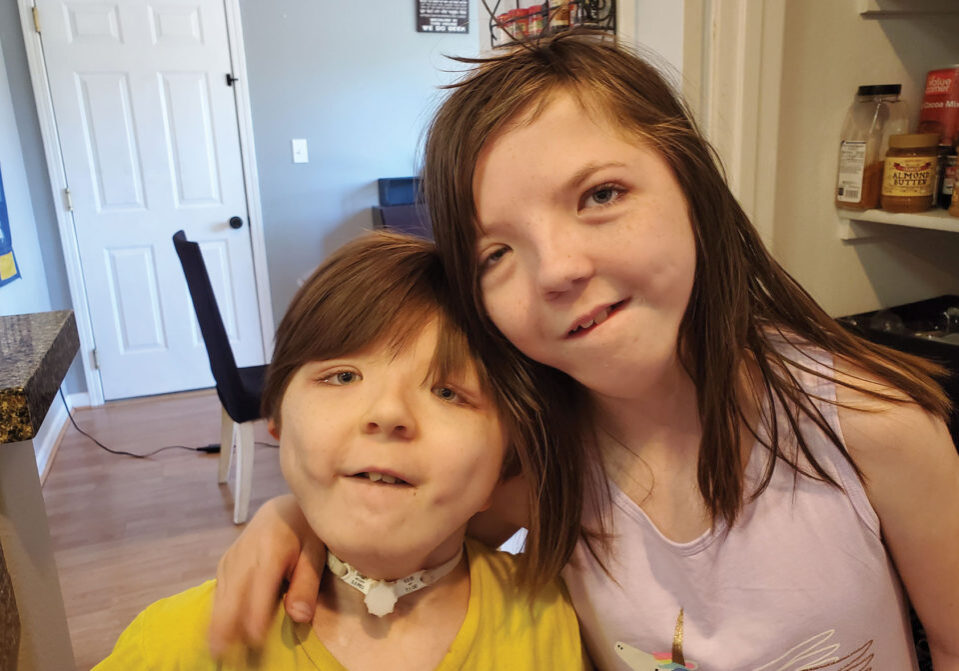Children learn to read at their own pace, but if your child is struggling to make significant progress compared to their peers, it may be possible they have a reading disability called dyslexia. According to Mayo Clinic, “Dyslexia is a learning disorder that involves difficulty reading due to problems identifying speech sounds and learning how they relate to letters and words (decoding). Also called reading disability, dyslexia affects areas of the brain that process language.”
Symptoms of dyslexia
Some of the symptoms of dyslexia include:
- Speech delay, trouble learning words, problems forming words correctly, reversing sounds or words that sound alike.
- Reading below the expected level for age, difficulty with spelling and difficulty reading aloud.
- Trouble remembering sequences or identifying rhyming words, reversing letters or numbers.
- Spending an unusually long time completing tasks that involve reading and writing or avoiding these activities.
Start early to help your child succeed
People who struggle with dyslexia have normal intelligence and can succeed in school and careers with proper tutoring and support. So how do you help your child succeed?
Early intervention has been proven to help kids struggling with dyslexia. As soon as you notice a problem, talk to your child’s doctor or teacher about testing, resources and support. There is no single test that can determine if your child has dyslexia, but a combination of questionnaires, medical history, psychological evaluations and academic testing can be very helpful. Early intervention and a good partnership between parents and teachers are crucial to helping kids feel confident and successful in school and future careers.
Ask for an IEP at school
Meet with your child’s teacher and ask for an Individualized Education Plan (IEP). This could be the first important step in determining if your child has dyslexia and getting the help he needs to succeed.
California Dyslexia Guidelines, issued in 2017, ensure that school psychologists look for the possibility of dyslexia when assessing public school students for special education eligibility. The guidelines also help schools and school districts in identifying, assessing, planning, providing, evaluating, and improving educational services for students with dyslexia.
The California Dyslexia Initiative, which is included in the state’s 2020-2021 budget passed in late June, sets aside $4 million for screening, professional learning for teachers, research and a conference on dyslexia.
Although the amount is small compared to the overall education budget, it lays the groundwork for future investment and brings much-needed attention to the issue, advocates said.
“This is a very big deal. It’s fantastic news,” said Megan Potente, co-educator outreach manager for Decoding Dyslexia California, an advocacy group that lobbies for better dyslexia services in schools.”
Check in often with your child’s teacher and encourage them to reach out if the interventions put in place don’t seem to be helping your child make adequate progress.
Tutoring and good reading habits
Consider tutoring. Individual help from a tutor can be tailored to your child’s particular needs and learning style and can go a long way in helping a struggling reader.
Encourage reading. Read aloud to your child, model good reading habits and add reading to everyday activities such as cooking, games or instructions. Turn off electronics whenever possible and use the printed page.
Be Supportive
Encourage your child’s efforts and be supportive as they work through challenges. Talk about what they are struggling with and discuss ideas that will help solve problems they may be facing. Prioritize positive learning at home. Provide a clean, organized and quiet place to study and offer help as needed.
Join a support group or see a counselor. Having people around you that understand what you are going through while offering support can be a big help as you learn how to support your child.
Posted in: Special Needs
Comment Policy: All viewpoints are welcome, but comments should remain relevant. Personal attacks, profanity, and aggressive behavior are not allowed. No spam, advertising, or promoting of products/services. Please, only use your real name and limit the amount of links submitted in your comment.
You Might Also Like...

Mental Health Issues in Kids – Signs & How to Ask for Help
Roughly 7.7 million children in the United States live with at least one mental health disorder. Attention Deficit Hyperactivity Disorder (ADHD), Anxiety, Depression, and behavioral disorders such as Oppositional Defiant […]

Sensory Processing Disorder – Working Through the Struggles
“Imagine being in an environment where the noise around you is amplified to the highest level, the temperature is the coldest or hottest you have ever felt, you are wearing […]

What to Do if Your Child’s IEP Isn’t Being Followed
If you are a parent of a child with special needs, you most likely know what an Individualized Educational Plan (IEP) is. For those who aren’t familiar with the term, […]

A Retreat for those with Facial Differences
Craniofacial conditions affect around 600,000 Americans Approximately 600,000 people in the United States live with a craniofacial condition or facial difference. That 600,000 includes two of my children and me. […]




